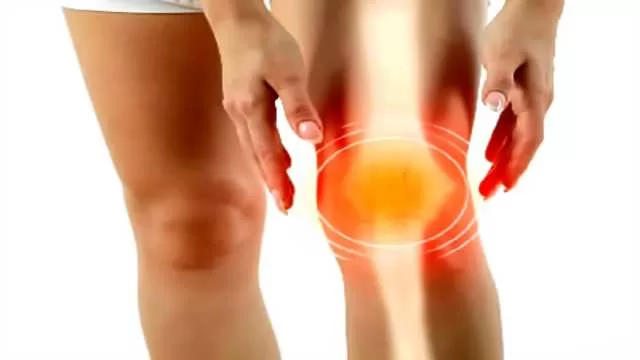Glucosamine is a natural compound found in the body. It is made from glucose and the amino acid glutamine. This compound plays a crucial role in producing glycosaminoglycan, a molecule essential for forming and repairing cartilage and other tissues. However, as we age, our bodies produce less glucosamine.
You can find glucosamine as a nutritional supplement in health food stores and pharmacies. Most glucosamine supplements are made from chitin, a substance found in the shells of shrimp, crabs, and lobsters. Besides supplements, glucosamine is also used in some sports drinks and cosmetics.
Often, glucosamine is combined with chondroitin sulfate, which is naturally present in cartilage. Chondroitin helps give cartilage its elasticity and may protect it from damage. Sometimes, glucosamine is paired with methylsulfonylmethane (MSM) in supplements.
Why Do People Use Glucosamine?
Osteoarthritis is the most common reason people take glucosamine. This condition occurs when cartilage, the material that cushions joints, becomes stiff and loses its elasticity. This can lead to pain, swelling, and reduced movement.
Taking glucosamine supplements may help repair damaged cartilage by increasing the body’s supply of this compound. Some studies suggest that glucosamine can reduce pain and slow the progression of knee osteoarthritis. For example, a study published in the Archives of Internal Medicine followed participants with osteoarthritis for three years. Those taking 1,500 mg of glucosamine sulfate daily reported less pain and showed no signs of joint deterioration on x-rays.
Another significant study, known as the GAIT Trial, compared glucosamine hydrochloride, chondroitin sulfate, and a combination of both with a placebo. While glucosamine alone did not reduce pain for everyone, those with moderate-to-severe knee pain showed more improvement. However, this study used glucosamine hydrochloride instead of the more researched glucosamine sulfate, leading to mixed results.
Other Conditions
Besides osteoarthritis, glucosamine is sometimes used for other conditions, including:
- Rheumatoid arthritis
- Inflammatory bowel disease (like Crohn’s disease and ulcerative colitis)
- Chronic venous insufficiency
- Skin conditions
However, more research is needed to confirm its effectiveness for these issues.
Side Effects and Safety
Most studies show that short-term use of glucosamine is safe for most people. Some may experience mild side effects, such as:
- Drowsiness
- Headaches
- Insomnia
- Digestive issues (like nausea, heartburn, or diarrhea)
In rare cases, combining glucosamine with chondroitin has been linked to temporary increases in blood pressure and heart rate.
People with shellfish allergies should be cautious, as many glucosamine supplements are derived from shellfish. Always check the source of glucosamine, as it may not be listed on the label.
There is some evidence that glucosamine may affect blood sugar levels, which could be a concern for those with diabetes or insulin resistance. It may also increase the risk of bleeding, so individuals on blood-thinning medications should consult a healthcare provider before using glucosamine.
Conclusion
Glucosamine can be a helpful supplement for joint health, especially for those with osteoarthritis. While it shows promise in reducing pain and improving joint function, it’s essential to approach its use with caution. Always consult with a healthcare professional before starting any new supplement, especially if you have existing health conditions or are pregnant or nursing.
In summary, glucosamine may offer benefits for joint health, but understanding its effects and potential risks is crucial for making informed decisions about your health.

